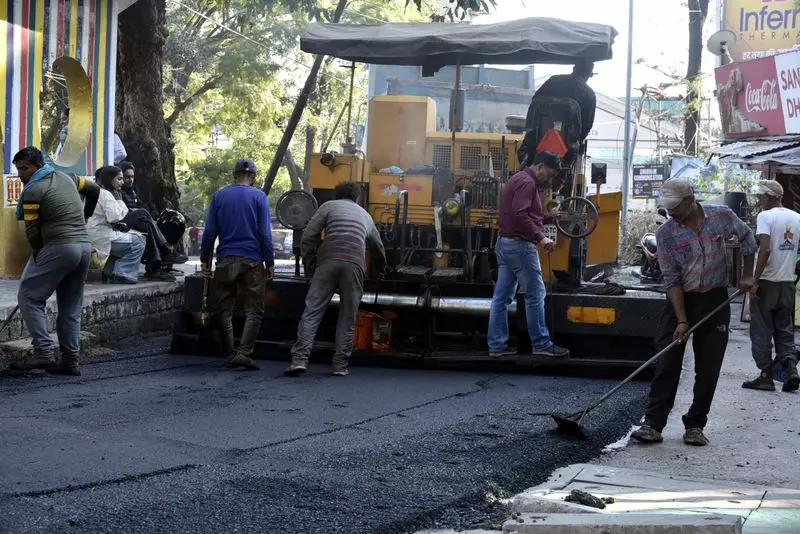
Himachal Pradesh finds itself grappling with a severe financial crisis that has prompted serious questions about fiscal responsibility and political leadership. As the state government navigates these challenging economic waters, citizens are increasingly looking toward their elected representatives to demonstrate financial prudence and lead by example.
Mounting Financial Pressure
The financial situation in Himachal Pradesh has reached a critical juncture, with the state government acknowledging the severity of the crisis. Chief Minister Sukhvinder Singh Sukhu has been vocal about the financial constraints, revealing that the government is struggling to manage even basic expenditures. The administration has pointed to the substantial debt burden inherited from previous governments as a primary contributor to the current predicament.
Public expectations have crystallized around a clear demand: lawmakers must practice what they preach. With the state implementing various austerity measures and facing challenges in disbursing salaries and pensions, citizens believe that Members of the Legislative Assembly (MLAs) should demonstrate similar financial restraint in their official functioning.
Political Reactions and Public Sentiment
The opposition Bharatiya Janata Party (BJP) has seized upon the financial crisis as a point of contention. BJP legislators have staged protests and voiced strong criticism of the government's handling of the situation. Their demonstrations at the Assembly premises highlight the political tensions surrounding the fiscal management debate.
Meanwhile, the public sentiment appears to be shifting toward demanding greater accountability from all elected representatives, regardless of political affiliation. The expectation is that during times of financial difficulty, political leaders should voluntarily adopt modest practices and reduce unnecessary expenditures that burden the state exchequer.
The Path Forward
The current fiscal scenario presents an opportunity for political leaders to rebuild public trust through transparent and responsible financial conduct. As the government works to stabilize the economy and implement recovery measures, the behavior of MLAs and other elected officials will be closely watched by constituents.
The situation raises important questions about political accountability and the role of elected representatives during economic hardships. Whether lawmakers will respond to public expectations by embracing austerity in their official functions remains to be seen, but the demand for such symbolic leadership continues to grow among Himachal Pradesh's residents.
As the state navigates this challenging period, the relationship between fiscal responsibility and political leadership will likely remain a central theme in public discourse, with potential implications for future political developments in the region.






